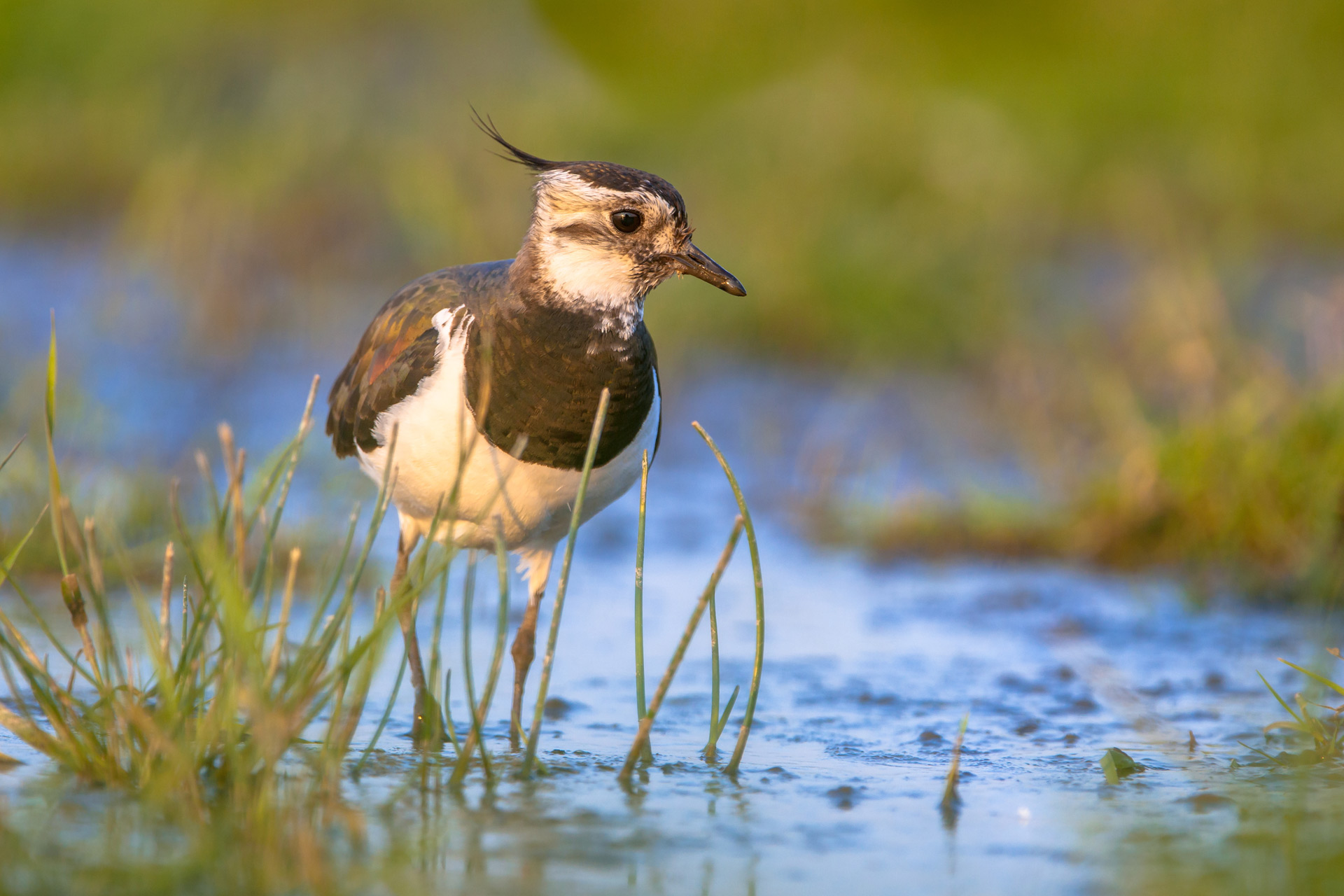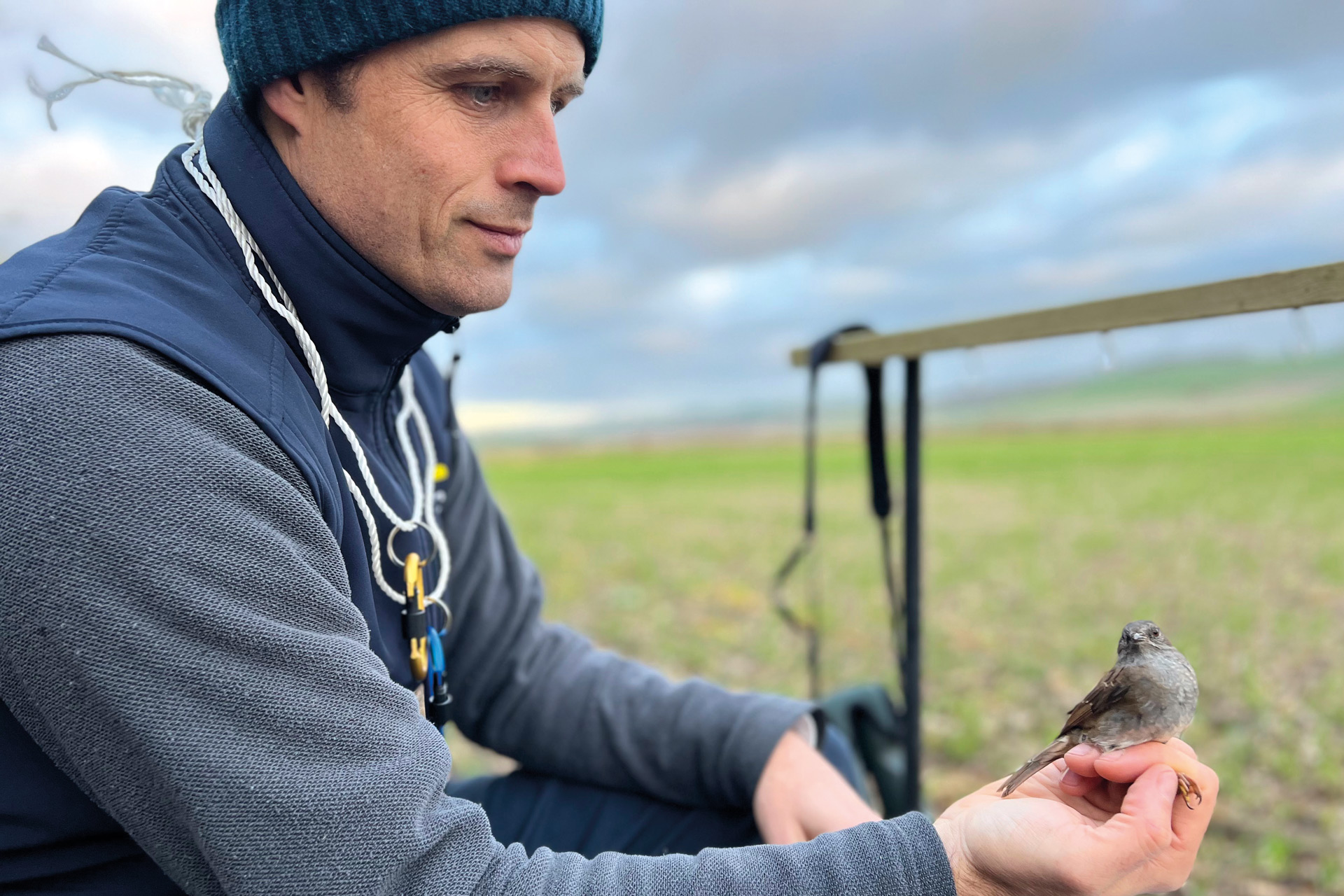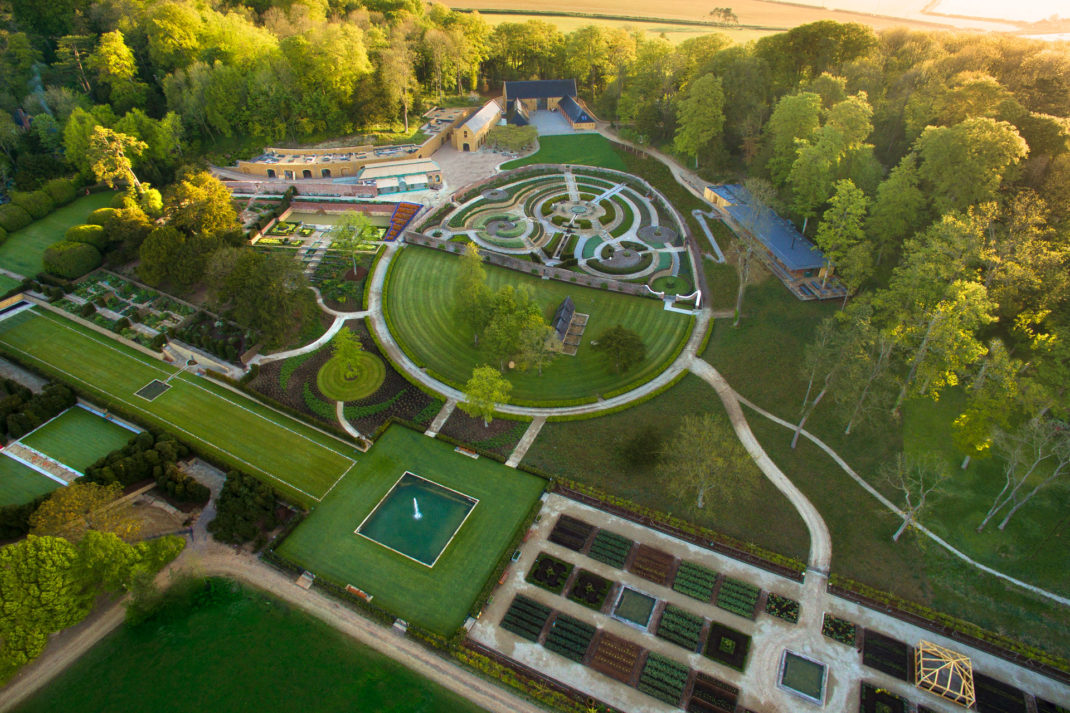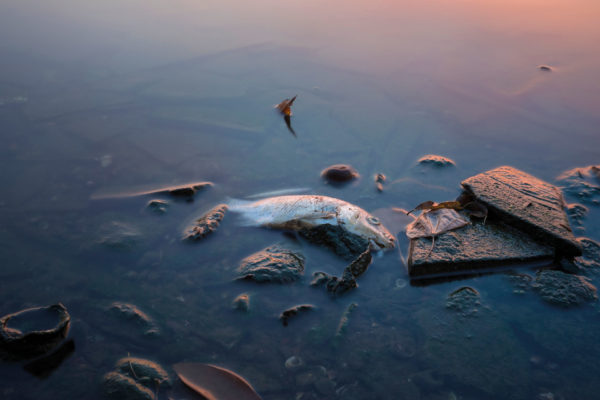The Positive Disruptor: A Call For The Protection Of Our Native Birds
By
2 years ago
Everything you need to know about the future of British bird populations

Bird ringers, bird crime and egg-theft: James Wallace gives you the rundown on British bird populations and how we can best protect our native birds.
The Positive Disruptor: A Call For The Protection Of Our Native Birds

Matt Best holding a ringed gold finch
Meet Matt. He’s a twitcher. From the age of 14, his idea of fun has been early rises, lugging kit up a hill and setting up nets to catch birds to put rings round their legs, which helps keep track of what’s happening to them as a species.
Together with thousands of other ornithologists, Matt is deeply worried by the UK’s rapidly declining bird population. Habitat loss, rampant agriculture, chemical pollution and a decimation of insect numbers are to blame. Remember the halcyon days of swathes of summer insects smeared across your windscreen? ‘Splat rate’ studies show numbers of flying bugs – bird food – have plunged by 64 percent between 2004 and 2021.
It’s no surprise then that the RSPB’s State of the UK’s Birds Report shows a decline from 102 million breeding native birds in the 1960s to 83 million in 2020. Bizarrely, we introduce 57 million invasive pheasants and red-legged partridges each year for the pleasure of shooting them a few months later. Their impact on our native species already struggling to find a niche in our industrialised landscapes, and their role, along with factory-farmed chickens, in spreading avian flu, cannot be underestimated.
How do we know these depressing figures are true? Enter Matt et al, the kind-hearted and generous army of volunteer bird ringers, the original ‘citizen scientists’. Their meticulous records help to inform nature conservation, political advocacy and law enforcement. With the killing of birds of prey and bird-egg theft commonplace, this has become essential. Armed with the necessary evidence, organisations like Wild Justice can then bring about rightful prosecutions.
And this behaviour is happening at the highest levels. It was only in 2022 that Chris Loder, the MP for West Dorset, famously stated that rare eagles were not welcome in his constituency. After an illegal killing of an endangered white-tailed eagle on a nearby shoot, he implied that the police should not investigate it. The Guardian then exposed that his 2019 election campaign was funded to the tune of £14,000 by Ilchester Estates, a shooting estate in his constituency.
With recent government cutbacks, Natural England prosecutions of bird crime have plummeted. Seventy-two hen harriers were killed by gamekeepers on or close to driven grouse moors since 2018. There has not been a single prosecution.
However, there is hope. These droves of Matt-shaped citizen scientists have a very positive role. They educate and galvanise local communities and help reconnect people with the rest of the natural world. Last year, 700,000 people counted 11 million birds in just one hour during the RSPB’s Big Garden Birdwatch.
Jays flaunting their jazzy blue-striped uniforms raced up the league table, who, along with magpies and red kites, are often (wrongly) blamed for declining songbird numbers. Every jay plants about 8,000 acorns annually, most of which are not later eaten. Imagine the forests of oak that will emerge if we just leave our feathered friends alone, while quietly counting their recovery?











